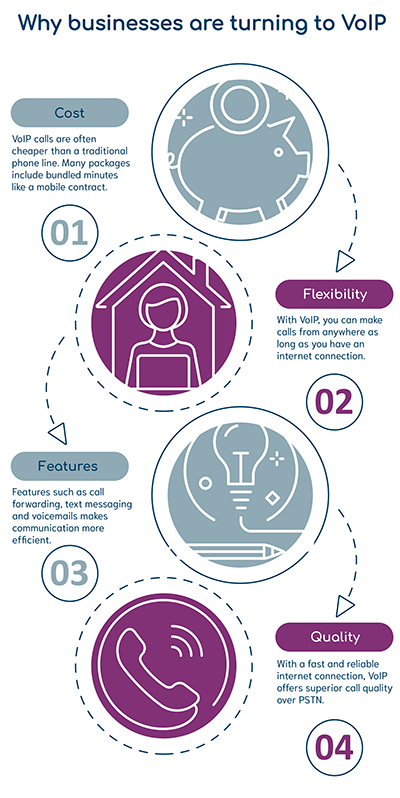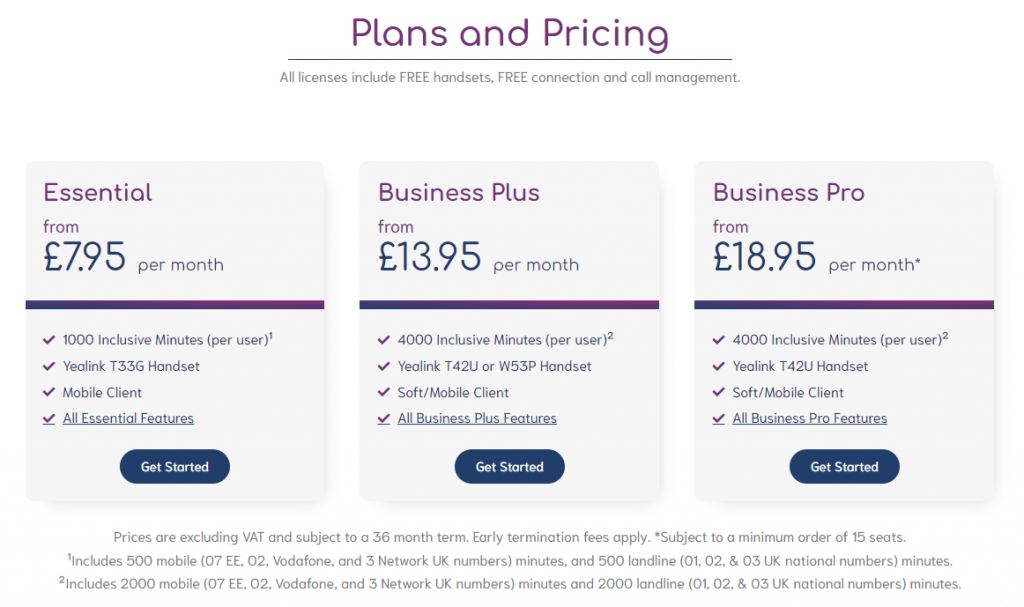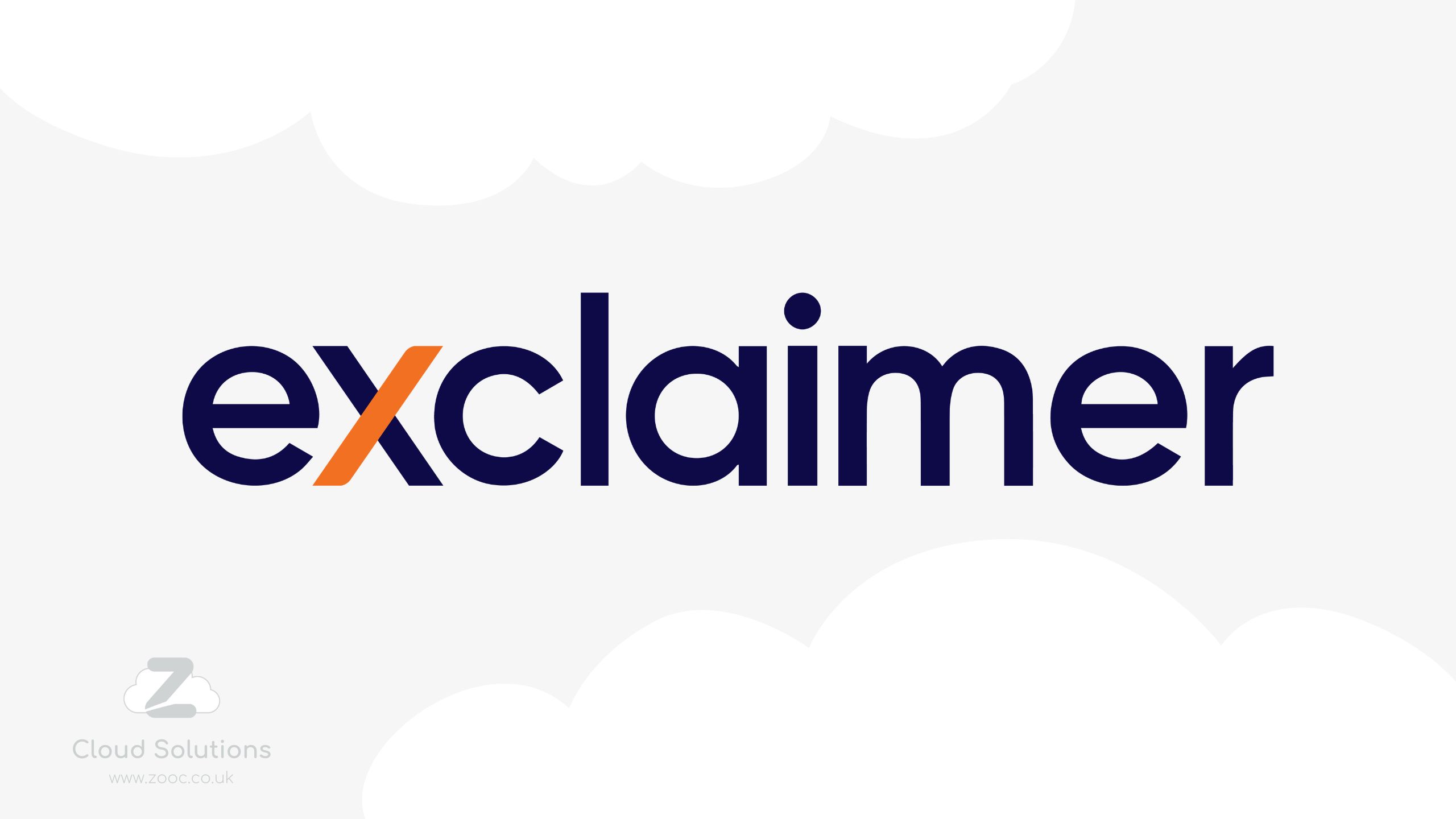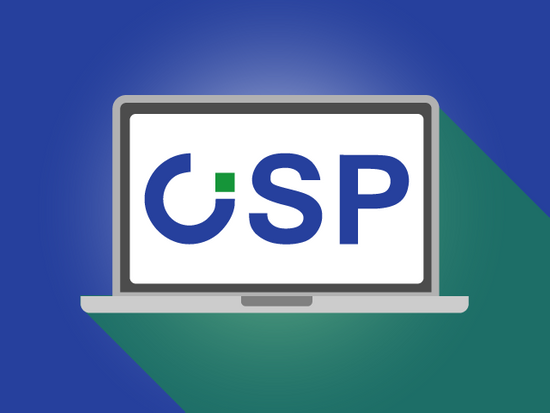VoIP stands for “Voice over Internet Protocol,”. It refers to a technology that allows you to make phone calls over the internet. With VoIP, your voice is digitised and sent over the internet as ‘data packets’.
You can use VoIP to make voice and video calls from your computer, smartphone, or other internet-enabled device. You can use it for one-on-one calls, as well as group calls.
VoIP is increasing in popularity due to its affordability and flexibility. VoIP also offers better call quality and reliability than traditional phone lines, especially when using a reliable, high-speed internet connection.
Why are more businesses using VoIP?
We supply VoIP to Businesses across Devon and the Southwest. Here are some of the main reasons they opt for VoIP over a traditional PSTN-based service:
Cost: Many businesses opt for VoIP instead of a traditional phone line due to its affordability. Traditional phone lines typically require a monthly fee, in addition to extra charges for making long-distance and international calls. Conversely, calls through VoIP are often free, or significantly cheaper! Particularly for long-distance and international calls.
Flexibility: VoIP is extremely flexible! With a traditional phone line, you’re tied to a specific location and device. Whereas with VoIP, you can make calls from anywhere you have an internet connection. This can be especially useful if you work remotely or are a frequent traveler.
Extra features: VoIP makes communication more efficient by offering additional features like call forwarding, voicemail, and text messaging. For example, you can send voicemails to your email, or forward calls to your mobile phone when you’re out and about.
Better call quality: Using advanced compression algorithms to reduce the amount of data needed to transmit a call, VoIP can offer better call quality than traditional phone lines. However, you must have a fast and reliable broadband connection.

Here are some of our favourite VoIP features:
Portability: You can use VoIP on any device that has an internet connection, such as a computer, smartphone, or tablet. Perfect for those who don’t want to be tied to a desk and like to travel.
Call recording: VoIP systems can also allow for call recording. This is useful for businesses that need to keep records of their customer interactions.
Interactive Voice Response (IVR): Think of IVR as a virtual receptionist. When someone calls your business, the IVR will answer the call and present the caller with a set of options (e.g., “Press 1 for Sales, press 2 for Support, Press 3 for Billing,”). The caller can then select an appropriate option, and they will be routed to the correct team member. This improves business efficiency and provides a more professional image for your business, by providing a clear and consistent greeting.
Unified communications: VoIP can be integrated with other communication channels, such as instant messaging, video conferencing, and some CRMs, to create a unified communications system. This is especially useful for businesses that want to streamline their communication and collaboration processes.
Call encryption: Many VoIP services offer encryption to protect the privacy and security of your calls.
Flexibility: With VoIP, you can customise your phone number and area code. This allows you to have a local number that routes to your mobile phone.
How much does VoIP cost?
The cost of VoIP services in the UK can vary widely depending on the provider and the specific features you choose. Here are some general pricing guidelines for VoIP services in the UK:
Monthly fees: Similar to a mobile phone contract, many providers charge a monthly fee for their services with bundled minutes included. This typically ranges from £5 to £25 per user per month.
Call rates: You may have pay-per-minute rates for calls outside of bundled minutes. For example, calls to UK landlines might cost 1p to 2p per minute, while calls to mobile phones might cost 5p to 10p per minute.
Setup and equipment costs: Some providers may charge a setup fee for their services, and you may also need to purchase or rent equipment such as phones or adapters.
It’s important to note the specific features you choose can have a big impact on the overall cost of your VoIP system.

What equipment will I need?
The equipment you’ll need depends on the specific setup you choose. However, here are some general pieces of equipment that you may need to consider:
Internet connection: VoIP requires a reliable and high-speed internet connection, so make sure your internet service is suitable.
VoIP phones: To make and receive calls, you’ll need VoIP phones that are specifically designed to connect to the internet. There are various phone types available, including desk phones, conference phones, and softphones (software-based phones that run on your computer or mobile device).
Headsets: If you prefer to use a headset for hands-free calling, you can purchase a headset that connects to your computer or phone.
Adapters: If you have existing analog phones that you want to use with VoIP, you can purchase analog-to-digital adapters that will convert the analog signal to a digital one that can be transmitted over the internet.
Network equipment: Depending on the size and complexity of your VoIP setup, you may need to purchase additional network equipment such as routers, switches, or firewalls to manage your call traffic.
Some providers offer all-in-one solutions that include both the service and equipment, making it easier to get started with VoIP. Check out our packages here.
What to consider when choosing a VoIP provider?
When evaluating VoIP providers, there are several factors to consider to ensure you choose the right provider for your business. Here are some key things to look for:
- Features: It is important to evaluate which features are most important to your business and chose your provider accordingly. For example, if you need call recording or auto attendant functionality, make sure your provider offers these features.
- Reliability: Look for a provider that has a good track record for reliability and uptime. Downtime can be costly for your business, so it’s important to choose a provider that can offer a high level of service availability. Don’t be fooled, however, by claims of 100% uptime; it simply doesn’t exist!
- Customer support: Choose a provider that offers responsive and helpful customer support, so that you can get help when you need it.
- Pricing: Compare pricing to make sure you’re getting a good deal. However, keep in mind that the cheapest option may not always be the best, as you may sacrifice quality or features for a lower price.
- Scalability: As your business expands, you may need to add more users or additional features, so it’s important to choose a provider that can accommodate your needs as you grow.
- Integration: If you use other communication tools or software, look for a VoIP provider that can integrate with these tools to provide a seamless experience for you and your team.
FAQ’s
How does VoIP work?
When you make a call using VoIP, your device captures your voice (like your computer or smartphone) and then converts it into digital data. This data is broken down into small packets and then sent over the internet to the recipient’s device.
When the packets arrive at the other end, they’re reassembled and converted back into sound, allowing the other person to hear your voice. It’s kind of like taking apart a jigsaw puzzle and then putting it back together again!
Is VoIP easy to use?
Yes, VoIP can be very easy to use! In fact, many people find that it is just as simple to use as a traditional phone.
Most providers offer a user-friendly interface that makes it easy to manage your calls and other features. For example, you can easily set up call forwarding, voicemail, and other features through a simple web portal or app.
Many VoIP phones are also designed to be easy to use. They often have intuitive interfaces that are similar to traditional phones, with features like speed dial, call transfer, and call hold.
Is VoIP Reliable?
Contrary to its earlier reputation of dropped calls and delays, current internet bandwidths mean VoIP can be a very reliable way to communicate.
This strongly depends however on the quality of your internet connection. An unstable or slow internet connection can cause call quality issues such as choppy audio, dropped calls, or echoes. However, VoIP can provide excellent call quality, often surpassing the quality of traditional phone lines as long as your internet connection is suitable.
Does my business need to switch from PSTN to VoIP?
At present, there are 2 million businesses that use PSTN-based services. Everyone, including homes and businesses that currently use PSTN-based services, will need to migrate to another service before 2025. While 2025 may seem a while away, from Q4 2023, you will be unable to purchase any new PSTN-based service. Some locations have already stopped selling, and many more will be affected sooner than this. Learn more.
What is a Hardphone?
A hardphone, also known as a VoIP phone or IP phone, is a physical device that looks and works like a traditional telephone but is specifically designed to work with VoIP systems.
What is a Softphone?
A softphone is a piece of software that allows you to use your computer or mobile device to make and receive phone calls over the internet, rather than relying on a physical telephone.
If you’re thinking of getting VoIP for your business, don’t hesitate to get in touch. A member of our team will happily help you to decide what package is right for your business.

















